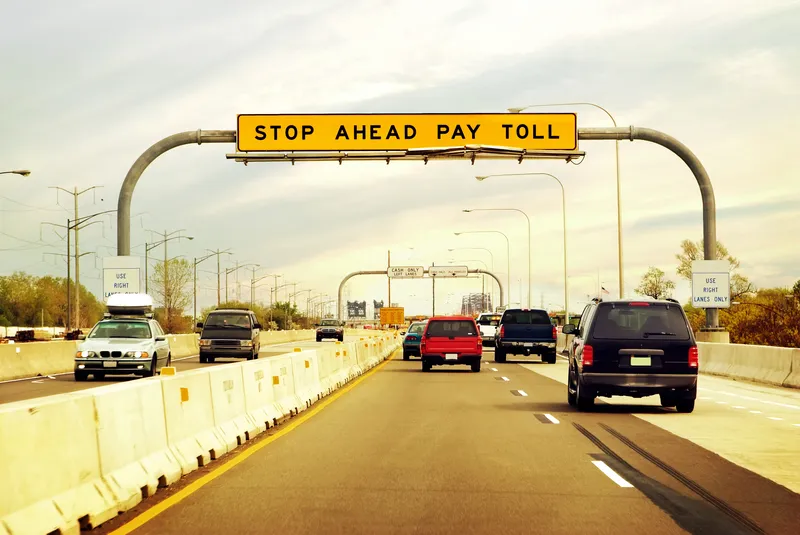GPS personal tracking devices and applications are forecast to grow with a CAGR of 40 per cent, with both markets breaking $1 billion in 2017, new research by ABI Research claims. Senior analyst Patrick Connolly says, “The hardware market remained below 100,000 units in 2011. However, it is forecast to reach 2.5 million units in 2017, with significant growth in elderly, health, and lone worker markets. Dedicated devices can offer significant benefits, with insurance and liability increasingly encouraging th
March 22, 2012
Read time: 2 mins
GPS personal tracking devices and applications are forecast to grow with a CAGR of 40 per cent, with both markets breaking $1 billion in 2017, new research by 5725 ABI Research claims. Senior analyst Patrick Connolly says, “The hardware market remained below 100,000 units in 2011. However, it is forecast to reach 2.5 million units in 2017, with significant growth in elderly, health, and lone worker markets. Dedicated devices can offer significant benefits, with insurance and liability increasingly encouraging the use of approved equipment.”
“We are also seeing the first signs of leading CE companies entering the market, such as213 Qualcomm, 493 Apple (via PocketFinder), 490 Garmin, 607 Cobra, etc. and there will also be significant partnerships and acquisitions in this space as new entrants looks to add tracking to their portfolio,” adds Connolly. Other markets include family, personal items, such as luggage, and pet and offender tracking.
There is an addressable market of over 120 million people across these markets alone, with over two million US elderly using non-GPS personal emergency response systems (PERS). However, awareness, battery life, economic conditions, and high subscription fees remain significant barriers. There is also a fear that smartphone applications will cannibalise the market.
The application market is already booming, with Life360 reaching 10 million downloads for its family locator application. Long term, these solutions will become part of much bigger security and health markets, growing to over 200 million downloads in 2017, as well as the majority of total tracking market revenue.
ABI Research group director Dominique Bonte adds, “In particular, carrier platforms represent a major revenue generator opportunity for family locator applications, matching their secure image and offering differentiation to family subscription plans. Companies such as Location Labs and TCS are already seeing success in this space.”
ABI Research’s new report, “Personal Location Devices and Applications Market,” identifies the key growth markets for GPS tracking devices, analyzing each market individually to enable companies to identify the market that best fits their approach. The competitive environment is also analysed.
“We are also seeing the first signs of leading CE companies entering the market, such as
There is an addressable market of over 120 million people across these markets alone, with over two million US elderly using non-GPS personal emergency response systems (PERS). However, awareness, battery life, economic conditions, and high subscription fees remain significant barriers. There is also a fear that smartphone applications will cannibalise the market.
The application market is already booming, with Life360 reaching 10 million downloads for its family locator application. Long term, these solutions will become part of much bigger security and health markets, growing to over 200 million downloads in 2017, as well as the majority of total tracking market revenue.
ABI Research group director Dominique Bonte adds, “In particular, carrier platforms represent a major revenue generator opportunity for family locator applications, matching their secure image and offering differentiation to family subscription plans. Companies such as Location Labs and TCS are already seeing success in this space.”
ABI Research’s new report, “Personal Location Devices and Applications Market,” identifies the key growth markets for GPS tracking devices, analyzing each market individually to enable companies to identify the market that best fits their approach. The competitive environment is also analysed.









